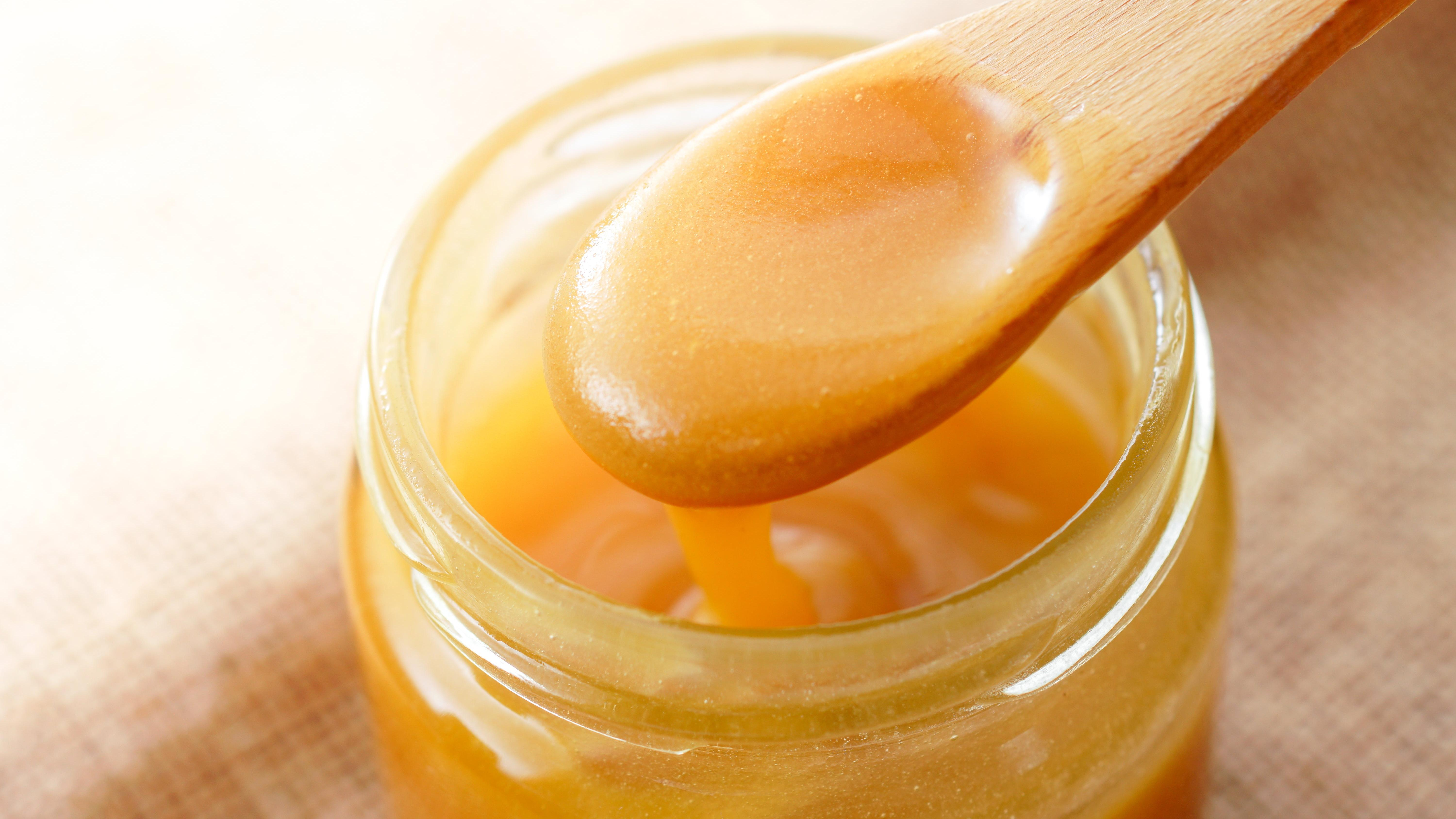Manuka Honey Might Actually Deserve The Hype
Manuka honey is a trendy ingredient, but what’s so special about it?
Trendy ingredients come and go, and one that has steadily been on the up-and-up is manuka honey. It's a rare form of honey produced in Australia and New Zealand, harvested from bees that pollinate the flowers from the manuka tea tree. I've been seeing the ingredient pop up on wellness websites, and I even spotted some on a Costco shelf during my most recent visit. It isn't cheap, so it's a product whose rising popularity is worth investigating. Is this stuff worth the hype?
Regular honey vs. manuka honey
Honey, in general, is a remarkable ingredient. It can last nearly forever, has traditionally been applied to wounds due to its antibacterial properties, and is obviously a delicious cooking ingredient. (As long as you don't give yourself diarrhea.)
What makes manuka honey special is that it has the added benefit of a compound called methylglyoxal (try saying that five times fast). Methylglyoxal, in high enough concentrations, has a strong antibacterial effect. Combine that with the naturally occurring hydrogen peroxide in all honey, and you have a pretty powerful material to prevent infections in wounds. The Conversation reports that manuka honey can inhibit the proliferation of bacterial pathogens, including antibiotic-resistant superbugs.
But when you think of honey, the first thing you think about probably isn't spreading it all over your leg after you fall off your bike. You're going to eat it. When eaten, it can help keep bacteria that cause strep throat or gingivitis at bay. Some studies, like this one from 2013, suggest that manuka honey might be useful in treating cancer, but that hasn't been confirmed yet.
How does manuka honey taste?
Epicurious says that manuka honey falls on the earthier and slightly bitter side, which sounds interesting and all, but when you remember how much the stuff costs, you might find the taste a little sour. I'm seeing prices that go as high as $425 for an 8.8-ounce jar. Yikes. So if you're going to cook with honey, you might as well use some high-quality local stuff instead.
As nice as those previously mentioned health benefits might sound, they haven't all been proven to be effective for certain types of treatment yet. Manuka honey is an edible ingredient that you may, in fact, want to keep in your medicine cabinet, rather than your pantry.
